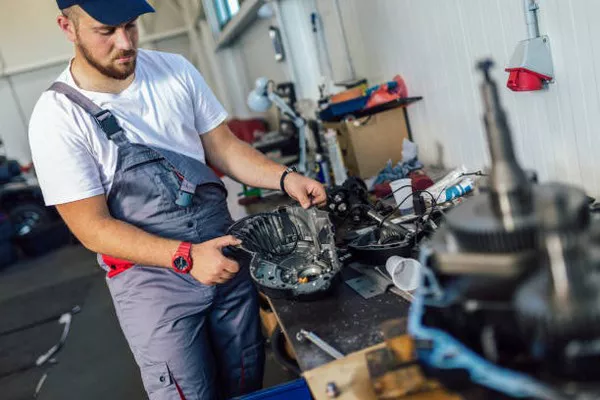Twenty years ago, the field of nanotechnology faced challenges akin to those confronting artificial intelligence (AI) today. Though the specific technologies differ significantly, their paths toward responsible and beneficial development bear surprising similarities. While nanotechnology involved technologies at the scale of individual atoms and molecules, it carried its own existential risk in the form of “gray goo.” A commentary published in the journal Nature Nanotechnology examines these parallels and highlights the need for greater engagement with diverse experts and stakeholders to ensure the long-term success of AI.
In the late 1990s and early 2000s, nanotechnology transitioned from a radical concept to mainstream acceptance. Government investments around the world supported claims of a new industrial revolution centered on the ability to shape the world atom by atom. However, concerns began to emerge, with parallels to current AI worries, such as job displacement and existential risks like self-replicating “nanobots.”
Nanotechnology experts recognized the importance of addressing immediate challenges, including health and environmental impacts, ethical issues, governance, and the need for public collaboration. This complex landscape set the stage for responsible nanotechnology development.
Engaging with a diverse community of experts and stakeholders, many of whom were not nanotech authorities but brought essential perspectives, led to significant advances in the field. Initiatives, partnerships, and consensus standards, guided by global organizations like the Organization for Economic Cooperation and Development, ensured the responsible development of nanoscale technologies.
In contrast, AI development today often lacks the same diversity and inclusivity. The commentary argues that engagement with individuals from different domains, including the public and policymakers, is vital for responsible AI development. Though they may not possess in-depth technical knowledge, these stakeholders bring diverse expertise and essential insights to the table.
The urgency to apply lessons learned from the past is emphasized, as AI represents a transformative technology with the potential to positively impact billions of lives. The commentary underlines that addressing the challenges of AI is crucial, as the early stages of an advanced technology transition shape its trajectory for decades to come. Failure to learn from past experiences could result in missed opportunities and the potential for more harm than good in future technological advances, including quantum technologies, advanced genetic manipulation, and neurotechnologies.

